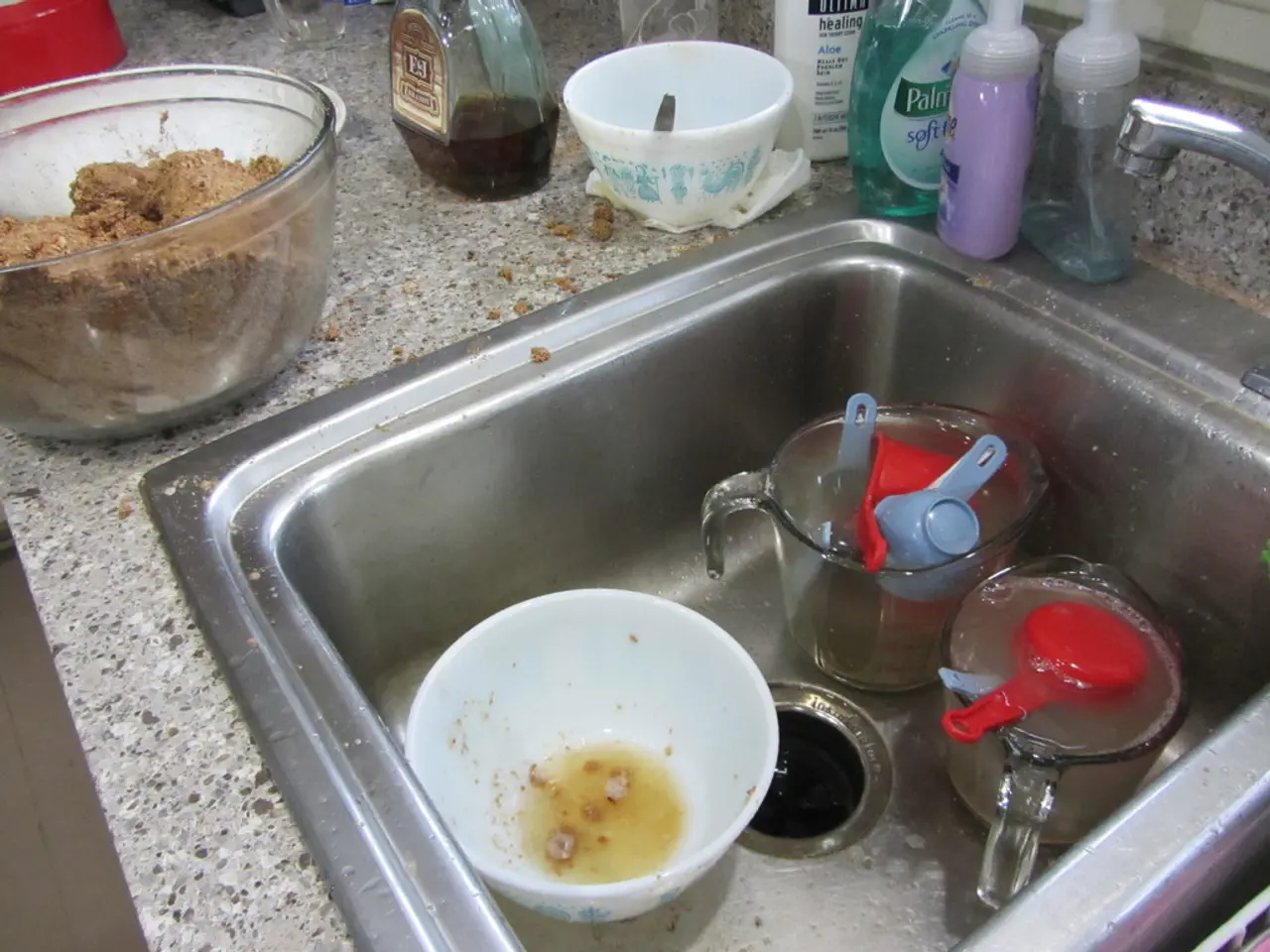Refugees from Sudan encounter a cholera epidemic, with only lemons serving as their scarce source of medical remedy.
Cholera Outbreak Ravages Darfur Refugee Camps in Sudan
A severe and ongoing cholera outbreak has gripped the refugee camps of Darfur, Sudan, affecting hundreds of thousands of people, particularly children and displaced populations. Since July 2024, nearly 100,000 suspected cases and over 2,470 deaths have been reported[1][2][3][4].
The outbreak is largely driven by the ongoing conflict in the region, which has paralyzed aid convoys and nearly ground humanitarian access to a halt[1][2]. The fighting has left many camps and communities without access to essential services, including clean water, sanitation, and hygiene facilities.
In response, international organizations such as UNICEF, MSF, WHO, and Sudan’s Ministry of Health have coordinated efforts to combat the crisis. These efforts focus on improving access to clean water, sanitation, and hygiene, as well as vaccination campaigns and medical treatment[1][2][3].
Prevention and Treatment Measures
Prevention methods aim to improve access to clean water, sanitation, and hygiene. This includes the distribution of soap, latrine slabs, and plastic sheeting to improve sanitary conditions in overcrowded camps. Oral cholera vaccination campaigns are also planned to deliver over 1.4 million doses across affected areas[1][2][3]. Education on boiling or treating water before consumption is also essential in reducing waterborne transmission.
Treatment involves establishing and expanding cholera treatment centers, providing oral rehydration solutions, intravenous fluids, and antibiotics to manage dehydration and bacterial infection. Managing co-morbidities like acute malnutrition, which complicates recovery and increases fatality risk among patients, especially children, is also crucial[2][3][5].
Current Situation
The outbreak is worsened by the ongoing war and population displacement, making it difficult for aid to reach vulnerable camps and communities[1][2][3]. Hospitals and health facilities are damaged or overwhelmed, limiting effective treatment options[1]. The epidemic is spreading beyond camps into multiple localities across Darfur and neighboring countries due to population movements[2][3].
International organizations urgently require funding to expand treatment, vaccination, and water/sanitation services. For instance, UNICEF seeks $30.6 million to address the crisis[1][2][3].
Challenges and Resilience
Armed groups, particularly the RSF, have blocked convoys from reaching those in need. Water sources in Tawila, one of the affected areas, are often contaminated or limited to a few functional wells. Residents like Fatna Essa have reported having no food, pots, blankets, or any other basic necessities[6].
Despite these challenges, residents like Mona Ibrahim and Adam have shown resilience. Mona mixes lemon in the boiled water as a treatment, while Adam is one of nearly half a million people who sought shelter in Tawila after attacks in April[6]. The first cholera cases in Tawila were detected in early June in the village of Tabit[7].
Over 640,000 children under the age of five are at risk of cholera across North Darfur state[8]. The rainy season, which peaks this month, may bring floodwaters that further contaminate water supplies and worsen the crisis[9].
[1] https://www.unicef.org/press-releases/unicef-calls-urgent-action-stop-cholera-outbreak-darfur-sudan [2] https://www.who.int/news/item/23-07-2024-cholera-outbreak-in-darfur-sudan-continues-to-spread [3] https://www.msf.org/en/article/cholera-outbreak-darfur-sudan [4] https://www.who.int/publications/i/item/weekly-epidemiological-record-2024-25-48 [5] https://www.who.int/news-room/q-a-detail/cholera-outbreak-darfur-sudan [6] https://www.aljazeera.com/news/2024/7/15/sudan-cholera-outbreak-leaves-hundreds-thousands-in-need [7] https://www.reuters.com/world/africa/cholera-outbreak-spreads-darfur-sudan-un-2024-06-23/ [8] https://www.unicef.org/emergencies/darfur-crisis [9] https://www.reuters.com/world/africa/rainy-season-threatens-worsen-sudans-cholera-outbreak-2024-07-21/








